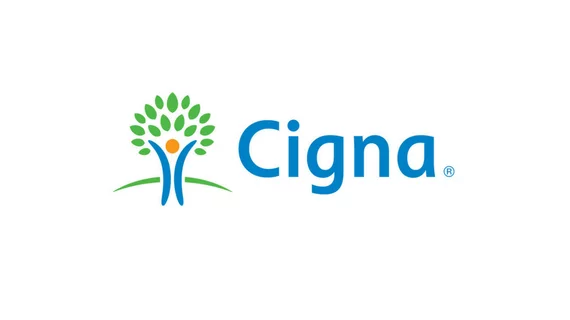Cigna strikes back against Carl Icahn over Express Scripts deal
Cigna executives are moving ahead with the planned acquisition of Express Scripts—despite objections by activist investor Carl Icahn.
Icahn lashed out against the deal earlier this week in a letter to Cigna shareholders, arguing the transaction deal of $67 billion was overpriced. He also cited increased competition from Amazon as a major future headwind.
Cigna, on the other hand, see the deal as adding “tremendous value” for shareholders and giving the health insurance company a major play in the pharmacy benefits manager space. The company’s board of directors slammed Icahn in a response letter, saying his views demonstrate “a complete lack of understanding of Cigna’s business model and how we win in the marketplace.”
"Mr. Icahn's opposition is misguided and short-sighted," the statement read. "Moreover, the assertions in Mr. Icahn's letter are value destructive and demonstrate a clear lack of understanding of the dynamics of the healthcare industry."
Cigna specifically refuted several of Icahn’s assertions, including that the company could contract with PBMs to achieve affordability for its members, calling Icahn’s solution “naïve at best.”
“Mr. Icahn's opposition is misguided and short-sighted,” the board wrote. “Moreover, the assertions in Mr. Icahn's letter are value destructive and demonstrate a clear lack of understanding of the dynamics of the healthcare industry.”
A shareholder vote on the deal is scheduled for August 24.

